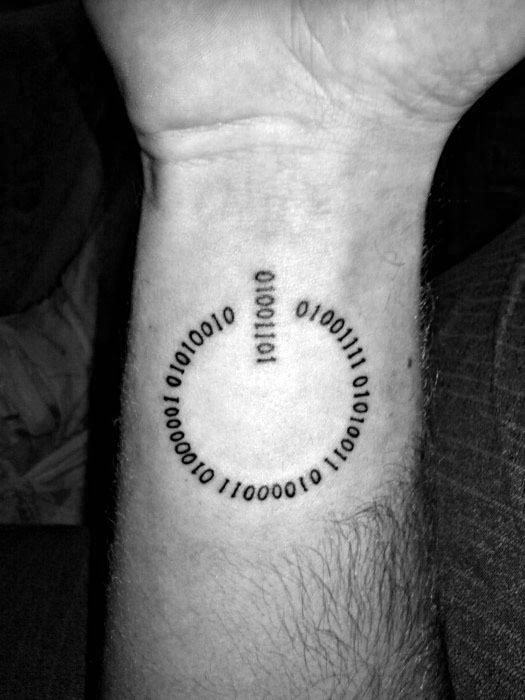France Gun Control Laws

Introduction to France Gun Control Laws

In the wake of increasing gun violence and terrorist attacks, many countries have revisited their gun control laws to ensure public safety. France, known for its strict regulations, has been at the forefront of implementing and enforcing stringent gun control measures. This article will delve into the specifics of France’s gun control laws, exploring their history, key provisions, and the impact on French society.
History of Gun Control in France

France’s approach to gun control has been shaped by its history, including periods of political unrest and the aftermath of World War II. The French government has consistently sought to balance individual rights with the need for public safety. Over the years, the laws have evolved, with significant amendments aimed at reducing the availability of firearms to the general public. One of the landmark pieces of legislation is the Decree No. 95-589 of June 6, 1995, which set forth the conditions for the acquisition and possession of firearms.
Key Provisions of French Gun Control Laws

The French gun control laws are characterized by several key provisions: - Licensing Requirements: To own a gun in France, one must obtain a license, which involves a thorough background check, a psychological evaluation, and proof of good cause for needing the firearm. - Firearm Classification: Firearms are classified into several categories, with different rules applying to each. Category A includes military-style weapons, which are heavily restricted, while Category C and D include hunting rifles and handguns, respectively, with less stringent requirements. - Age Restrictions: The minimum age for owning a firearm is 18 years, although minors can use firearms under adult supervision for hunting or target shooting. - Storage Requirements: Gun owners are mandated to store their firearms and ammunition securely to prevent unauthorized access.
Impact on French Society

The strict gun control laws in France have had a significant impact on French society: - Reduced Gun Violence: Compared to countries with more lenient gun laws, France experiences relatively low rates of gun violence. - Public Perception: There is a general acceptance and support for the gun control laws among the French public, who view them as necessary for maintaining public safety. - Challenges: Despite these laws, France still faces challenges related to illegal firearms and terrorism, highlighting the need for continued vigilance and cooperation with international partners to combat these issues.
Comparison with Other Countries

When comparing France’s gun control laws to those of other countries, such as the United States, it becomes clear that France’s approach is more restrictive:
| Country | Licensing Requirements | Firearm Classification | Age Restrictions |
|---|---|---|---|
| France | Thorough background check and psychological evaluation | Yes, with restrictions on certain categories | 18 years |
| United States | Varying requirements by state | Yes, but with less restriction on certain categories | 18 years for rifles and shotguns, 21 years for handguns |

📝 Note: The comparison above simplifies complex legal frameworks and is intended to provide a general overview rather than a detailed analysis.
Challenges and Future Directions

While France’s gun control laws are among the strictest in the world, the country still faces challenges, including the illegal trade of firearms and the evolving nature of terrorist threats. To address these challenges, the French government continues to review and update its laws, seeking to balance the rights of individuals with the need to protect the public.
In considering the future of gun control, France and other countries must navigate the complex interplay between legal, social, and political factors. This includes enhancing international cooperation to combat the illegal trafficking of firearms and adopting technologies that can help in tracing and securing firearms.
To enhance public safety, educational programs and community initiatives also play a crucial role. By fostering a culture that values safety and responsible gun ownership, societies can work towards reducing gun violence.
As France continues on its path of stringent gun control, it serves as a model for other countries seeking to implement similar measures. The impact of these laws on reducing gun violence and promoting public safety underscores the importance of considering gun control as a critical component of broader strategies for societal security.
In the end, the effectiveness of gun control laws depends on their implementation, public support, and continuous adaptation to emerging challenges. By examining the French model and its outcomes, nations can inform their own approaches to gun control, aiming for policies that best serve the safety and well-being of their citizens.
What are the primary requirements for owning a gun in France?

+
To own a gun in France, one must undergo a thorough background check, a psychological evaluation, and provide proof of good cause for needing the firearm. Additionally, the storage of firearms and ammunition must comply with specific security requirements.
How does France classify firearms, and what are the implications of these classifications?

+
France classifies firearms into several categories, with Category A including military-style weapons that are heavily restricted, and Categories C and D including hunting rifles and handguns, respectively, with less stringent requirements. These classifications determine the ease or difficulty with which an individual can acquire and possess different types of firearms.
What is the minimum age for owning a firearm in France, and are there any exceptions for minors?

+
The minimum age for owning a firearm in France is 18 years. However, minors can use firearms under adult supervision for activities such as hunting or target shooting, provided they meet specific requirements and are under the guidance of a licensed adult.


